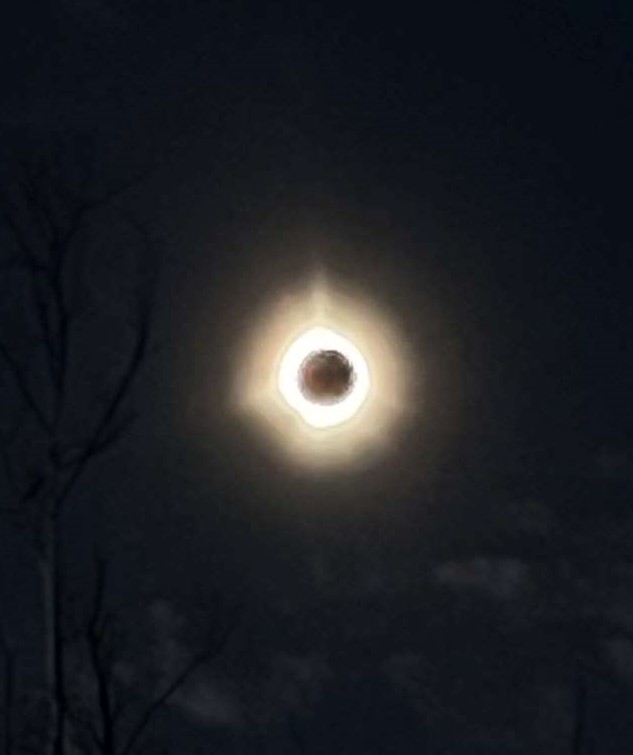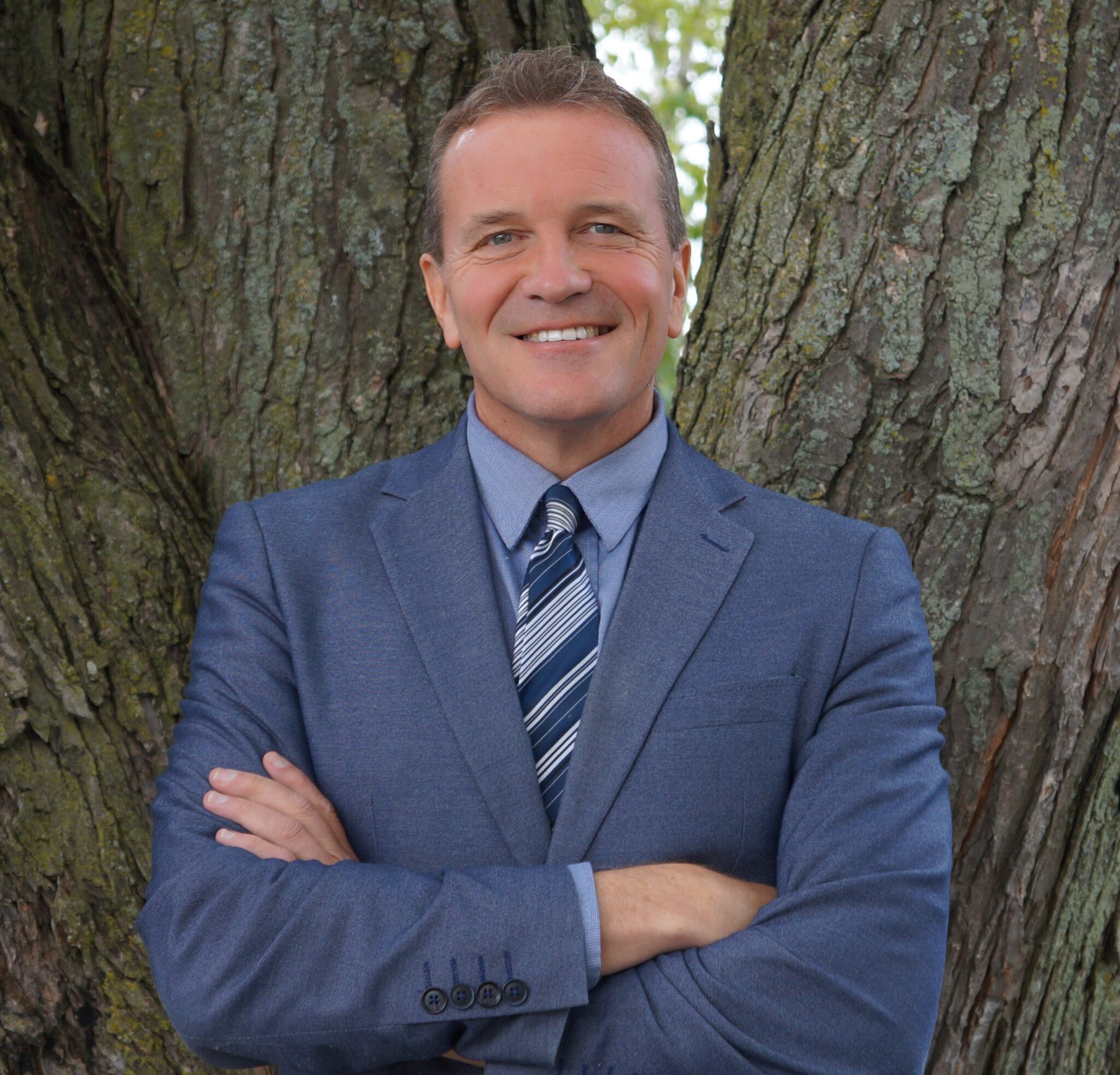My blogs are posted on Wednesdays, but I write them on Mondays. I am writing this blog as the solar eclipse is occurring outside of my window. By the time you read this, the eclipse will be history, and you will no longer have to hear phrases such as “the path of totality” and “peak corona” (by the way, both of those phrases would make great names for bands). But as it is happening for me in real time, it invites a few thoughts.
Thanks to modern technology, we understand what an eclipse is all about. This was not the case for most of history. Ancient peoples had their own ways of trying to make sense of it. The first recorded incident of humans experiencing an eclipse goes back to 3340 BC on the island that is now known as Ireland. Etchings of an eclipse on a rock accompanied by the remains of some 50 people suggest s that some form of ritual sacrifice was enacted in response to the sun’s disappearance. On the other side of the world, the indigenous people of China believed that an eclipse was a dragon attacking the sun, and people would beat drums to chase it away. The Choctaw people, a Native American community, believed that an eclipse was a squirrel eating the sun. The Tammari people in West Africa posited that an eclipse was the result of human anger that spread to the sun and the moon causing them to be in conflict.
How far we have come. Today, we know that an eclipse is not caused by a dragon, a squirrel, or human anger. We don’t feel a need to sacrifice anything to entice the sun to return. Experts can tell us with remarkable accuracy when and where an eclipse will take place, even centuries into the future.
All of this got me thinking….
We human beings are a creative bunch. In the absence of truth, we will concoct for ourselves a story, and then we will live in that story until we know better. It happens all the time. If our spouse or partner doesn’t get home when they say they will be home, we create a story as to what has happened to them. If a friend stops communicating with us, we will create a story as to why they no longer want us in their life. Sometimes the story is true, and sometimes its not, but when the truth comes out, we abandon the story and choose instead to live in the truth. We will always choose truth over story.
Much of the Old Testament of the Bible represents humanity’s gift for storytelling. Unable to understand why things happen the way they do, our ancestors created rich, often elaborate stories. Noah’s Ark, The 7 Days of Creation, Adam and Eve, and the Tower of Babel all represent rich mythology that explains everything from how the world came about, to the origins of human evil, to why we speak in different languages. For generations, these stories held space for a truth that had not yet been revealed. Today, we know the truth, or at least a good portion of it. We can trace life to its origins, we can understand why humans act the way they do, and we have discovered that the earth, far from being the centre of the universe, is a tiny speck of dust floating in an atmosphere that has no known end.
It can be scary to live in the truth and much less threatening to wrap ourselves in the stories that reduce the great forces of life to a simple tale that even a child could understand. However, choosing to live in the truth doesn’t have to be threatening; rather, it is an invitation to be part of the forces of discovery and revelation that can shape our future. The fact remains that our planet and all life upon it is a complicated, wondrous, fathomless, unquenchable mystery that welcomes the creativity of writers, poets, and storytellers as well as the scientific inquiry of academics. When science meets faith, we can stand in awe of an eclipse, safe in the knowledge that our planet isn’t being eaten.
Faith and science have always had a rocky relationship, which I think is unfortunate. We are better served when they join hands. Science is pulling back the veil that has obscured the truth, but it still needs human creativity and spirituality to bring to it a sense of gratitude, grace, awe, and wonder.
It’s 3:20 p.m., and it’s dark outside. The squirrel is almost fed, and then life can go back to normal.




